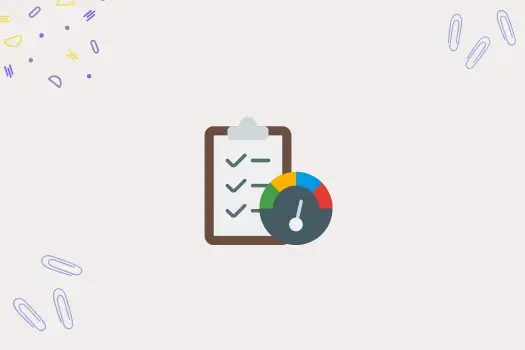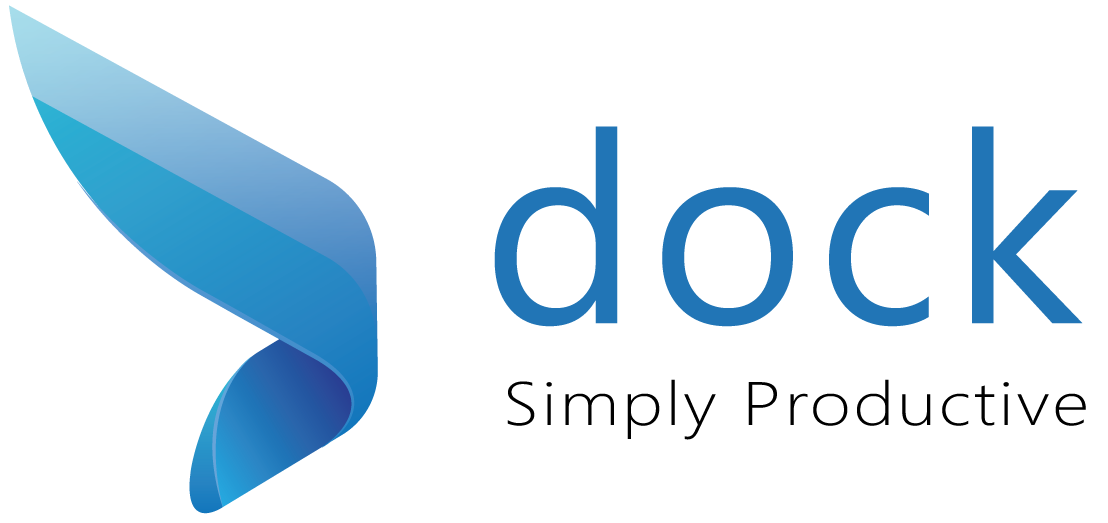
How To Manage Contract Performance In 2025
Businesses employ contracts for various reasons, from procuring goods to onboarding clients. However, simply signing a contract is insufficient; ensuring proper contract performance is critical for the success of any endeavor. Throughout the relationship, all parties must keep their end of the bargain and achieve the pre-agreed-upon goals.
Each contract has a different definition of what constitutes complete performance. It’s up to the organizations to define these performance metrics, measure them, and take steps to improve them throughout the contract lifecycle. Keep reading to learn how businesses with high- volumes of contracts can achieve that using the latest technology and tools.
What is contract performance?
Contract performance refers to fulfilling the terms and conditions outlined in a contractual agreement by all parties involved. It involves delivering on promises, meeting deadlines, and upholding the agreed-upon quality and quantity standards.
Effective contract performance is essential for maintaining strong business relationships. They enable businesses to mitigate risks and achieve desired outcomes. Failing to adhere to the terms of a contract can lead to disputes, financial losses, and reputational damage. On the other hand, successful contract performance can lead to long-term partnerships. It means repeat business and a positive reputation in the market.
Types of contract performance
-
Complete performance
Complete performance occurs when all parties involved in the contract fulfill their obligations outlined in the agreement. This type of performance is straightforward and ideal, as it signifies that the contract execution goes through as intended without any issues or disputes.
-
Substantial performance
-
Breach of contract
A material breach occurs when one party fails to fulfill a significant aspect of the contract, resulting in a substantial deviation from the agreed-upon terms. In such cases, the non-breaching party can demand remedies such as contract termination, compensation for damages, or specific performance.
Why is contract performance important for businesses?
Monitoring and improving contract performance is essential for businesses to maximize the benefits of every agreement. When parties execute contracts efficiently and effectively, they can reap the rewards outlined in the contract terms. It can include financial gains, access to resources, or other advantages as part of the agreement. By establishing contract performance, businesses can optimize their outcomes and achieve their desired results. Some other benefits include:-
Mitigate risks
Contracts outline the rights and responsibilities of each party involved in a business transaction. Businesses can mitigate non-compliance or breach of contract risks by focusing on contract performance. When parties don’t perform according to the contract, it can lead to legal disputes, financial repercussions, and damage to business relationships. By prioritizing contract performance, companies can reduce the likelihood of encountering these risks and protect their interests.
-
Avoid losses and project failures
-
Accountability and lasting relationships
Effective contract performance is essential for maintaining positive relationships with clients, suppliers, and other business partners. When all parties fulfill their obligations, it’s easier to establish trust and goodwill. It leads to long-term partnerships and repeat business.
Moreover, it holds parties accountable for their actions. It sets clear expectations and standards for performance, making it easier to identify deviations or breaches. By monitoring contract performance, businesses can address issues promptly and prevent potential disputes.
How to manage contract performance
It involves monitoring and evaluating the performance of all parties involved in the contract to ensure compliance with the agreed-upon terms. Contract performance management is a proactive approach focusing on achieving the contract's specified results while mitigating risks and resolving any probable issues during the lifecycle.
-
Measuring contract performance
It involves establishing key performance indicators (KPIs) to track the progress and success of the contract. These KPIs should be specific, measurable, achievable, relevant, and time-bound (SMART) to provide a clear benchmark for evaluating performance. By regularly measuring these KPIs, businesses can identify deviations from the expected performance and take corrective actions to address them. Some common KPIs for measuring contract performance include:
Quality: Assessing the quality of deliverables or services outlined in the contract.
Timeliness: Monitoring whether parties meet deadlines and milestones according to the agreed-upon timeline.
Cost: Tracking costs and expenses related to the contract to ensure they are within budget.
Customer satisfaction: Gathering feedback from stakeholders to gauge their satisfaction with the contract outcomes.
-
Monitoring contract performance
It involves actively tracking and assessing the progress of the contract against the established KPIs. This process requires regular communication and collaboration between all parties involved in the contract to ensure alignment and transparency. Some effective strategies for monitoring contracts include:
Performance reports: Generate regular performance reports that provide a snapshot of key metrics and highlight any areas of concern.
Feedback mechanisms: Establish clear channels for stakeholders to provide feedback and raise any issues or concerns.
How to improve contract performance with Dock
Dock contract management software, built on Microsoft Office 365, is an all-in-one platform to streamline the contract lifecycle. It offers diverse tools to simplify drafting, negotiating, signing, and managing business contracts. Dock places a high priority on contract performance and making sure businesses get the outcomes they want from agreements.
-
Centralize storage
One of the key factors in improving contract performance is centralizing storage. Dock enables businesses to store contracts in one secure, easily accessible location within their Microsoft Office 365 and SharePoint environments. All the active contracts in a centralized repository mean users can quickly search for and retrieve the information they need, reducing the risk of misplaced or lost agreements. It also ensures that all stakeholders have access to the most up-to-date versions of contracts, promoting transparency and collaboration.
-
AI and OCR tools
Dock incorporates the latest AI and OCR technology to streamline the contract management process. OCR technology can convert scanned or image-based contracts into searchable and editable text. It enables companies to transform legacy contracts into digital formats. Thus, they can extract and analyze vast amounts of information promptly. It can help businesses eliminate manual processes from their daily operations. Our AI-powered platform allows clause extraction and comparison. They can automatically extract key data points, analyze contract terms, and flag potential risks or discrepancies. Businesses can leverage these tools to increase efficiency in contract performance management.
-
Obligation tracking
Obligation tracking is essential for ensuring that all parties fulfill their commitments outlined in the contract. When companies have hundreds of active contractual agreements, manually monitoring and tracking obligations can be time-consuming. They might miss significant deadlines, deliverables, and milestones. Proactively managing obligations and milestones using Dock helps businesses prevent non-performance and foster accountability. They can automatically extract essential clauses from contracts and set up reminders for them. It enables relevant stakeholders to address issues promptly and mitigate risks.
-
Automated reminders
Managing performance includes staying on top of contract milestones and deadlines, from renewals to payment dates. That's where automated reminders come in handy. Dock enables users to set up automated notifications for relevant contract dates. They can ensure that both parties are aware of upcoming deadlines and take timely action to fulfill their obligations. It helps prevent missed deadlines and potential disputes. Consequently, it improves overall contract performance by promoting accountability and transparency.
-
Custom performance reports
Monitoring and evaluating contract performance is essential for identifying areas for improvement and ensuring that both parties are meeting their obligations effectively. Dock enables businesses to create performance reports with valuable insights into key metrics such as compliance, delivery times, and quality of service. They can pinpoint performance gaps, address them promptly, and optimize their contract management processes for better results.
Conclusion
Evaluating contract performance is an ongoing process that requires regular monitoring, data analysis, and corrective action. Establishing precise metrics and benchmarks at the contract's outset is crucial for evaluating an agreement's success. It enables businesses to make the most out of their contractual relationships.
According to the purpose of the contract, organizations can set up performance metrics such as customer satisfaction, quality of work, and timeliness of delivery. They can set up obligation tracking, automated reminders, and custom reports to stay on top of these KPIs. It can help organizations determine areas for improvement and make informed decisions in the future. Managing contract performance throughout the contract lifecycle improves transparency and accountability. It helps to build trust and stronger relationships with suppliers, partners, and customers.
Book a Live demo
Schedule a live demo of Dock 365's Contract Management Software instantly.
.png?width=196&height=196&name=MicrosoftTeams-image%20(24).png)
Written by Deepti Gopimohan




